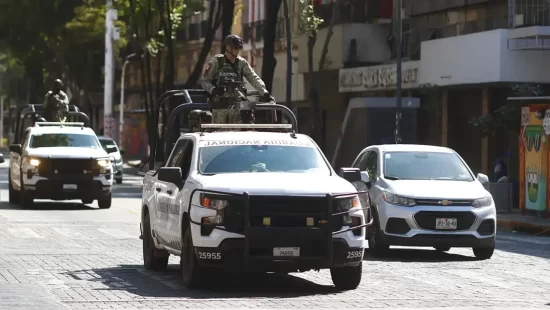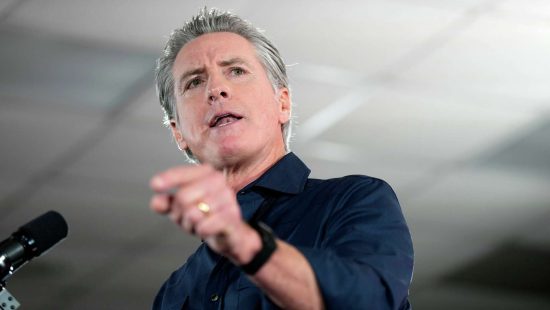Governor Gavin Newsom is making strategic moves to position California as a counterbalance in the upcoming 2026 federal elections.
Last week, state officials approved a series of special elections to redraw California’s congressional districts — and expand the state’s delegation in the U.S. House of Representatives from 52 to 57 seats. This move directly challenges recent redistricting efforts in Texas, where Republicans have sought to secure their hold on power.
However, the cost of this redistricting effort is raising concerns among voters and critics alike.
California faces a significant budget deficit, which Newsom says is being addressed through a combination of financial strategies. The state’s 2025–26 budget includes measures to resolve a $12 billion shortfall, primarily through reductions to ongoing programs — a shift from the approaches used during the past two years of budget gaps. These cuts are expected to yield long-term savings.
Despite the financial strain, the state has committed to reimbursing counties for the costs of administering these unexpected special elections — a promise that won’t come cheap. For comparison, California’s last statewide special election — the failed attempt to recall Newsom in September 2021 — cost approximately $200 million.
Newsom has proposed consolidating the redistricting vote with local elections already scheduled for November 4, in an effort to save money. Yet early cost estimates suggest that this choice may still be expensive. Fresno County projects up to $4 million in expenses, while Riverside County expects up to $16 million — both figures exceeding costs incurred during the recall.
“There’s no price tag for democracy,” Newsom told reporters at a recent campaign rally launching the redistricting effort.
Two major factors could still disrupt the process. First, the measure faces potential legal challenges. A lawsuit filed by a group of California Republicans was recently dismissed by the California Supreme Court, but more legal actions could arise in the coming weeks.
Second, federal legislation could pose a roadblock. US Representative Kevin Kiley, who represents California’s 3rd Congressional District, has introduced a bill to ban mid-cycle redistricting nationwide. If passed, the measure would invalidate newly drawn congressional maps in California, Texas, and any other state attempting similar changes.








